Country Report Summary
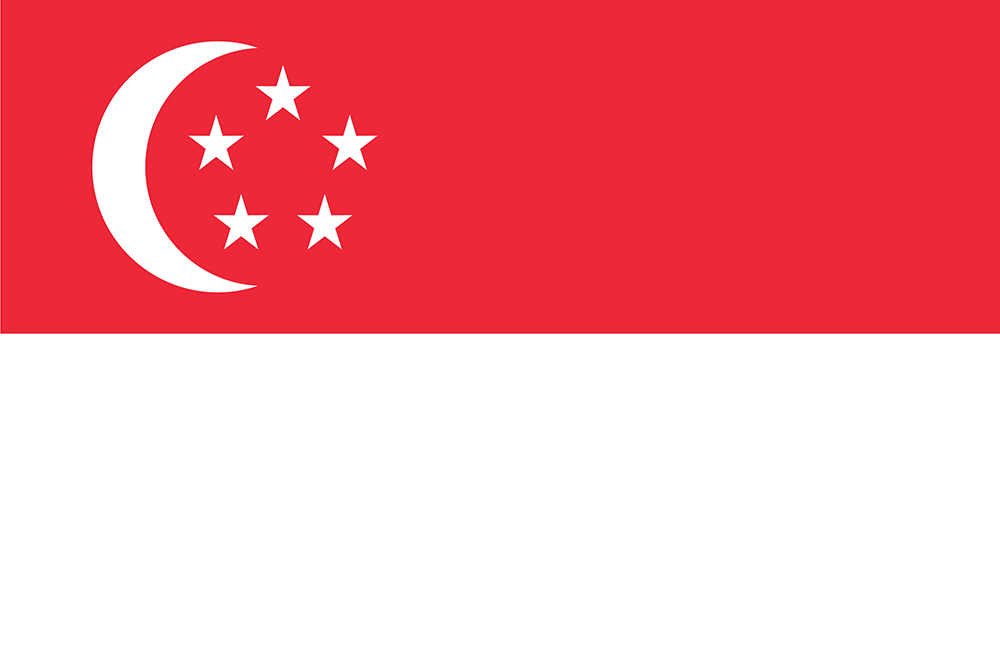
SINGAPORE
Anti Money Laundering
FATF status
Singapore is not on the FATF List of Countries that have been identified as having strategic AML deficiencies.
Compliance with FATF Recommendations
The last Follow-up to the Mutual Evaluation Report relating to the implementation of anti-money laundering and counter-terrorist financing standards in Singapore was undertaken in 2019. According to that Evaluation, Singapore was deemed Compliant for 20 and Largely Compliant for 17 of the FATF 40 Recommendations. It was also deemed Highly Effective for 0 and Substantially Effective for 4 with regard to the 11 areas of Effectiveness of its AML/CFT Regime.
Sanctions
There are no international sanctions currently in force against this country.
Bribery & Corruption
Rating: 0 (bad) - 100 (good)
Transparency International Corruption Index = 84
World Bank: Control of Corruption Percentile Rank = 98
Singapore is recognized as one of the least corrupt countries globally, ranking fifth in Transparency International’s 2023 Corruption Perception Index. The country enforces stringent anti-corruption laws, including the Prevention of Corruption Act and the Penal Code, which effectively deter bribery and corruption in both public and private sectors. The Corrupt Practices Investigation Bureau (CPIB) is the primary agency responsible for investigating corruption, and recent corporate fraud cases have been addressed promptly by the government, reinforcing the low risk of corruption for foreign investors.
Economy
Singapore has an open and heavily trade-dependent economy, recognized as a critical player in the global supply chain. The country attracts substantial foreign investment across various sectors, particularly in manufacturing and services, and is noted for its favorable investment climate characterized by transparency, strong legal protections, and a robust infrastructure. With a diversified economy and a focus on innovation and sustainability, Singapore is poised to continue attracting foreign investment, especially in emerging sectors like digital innovation and pharmaceuticals.
Singapore boasts a highly attractive investment climate characterized by its open and trade-dependent economy, robust legal framework, and strong protection of intellectual property rights. The country actively promotes foreign direct investment through various incentives, including tax benefits and research grants, while maintaining a transparent regulatory environment that ranks among the least corrupt globally. Additionally, Singapore’s strategic location and well-developed infrastructure further enhance its appeal as a regional hub for multinational companies.
Country Report Summary

Malaysia
Malaysia is not on the FATF List of Countries that have been identified as having strategic AML deficiencies.

Singapore
Singapore is not on the FATF List of Countries that have been identified as having strategic AML deficiencies.

Brunei
Brunei is no longer on the FATF List of Countries that have been identified as having strategic AML deficiencies.
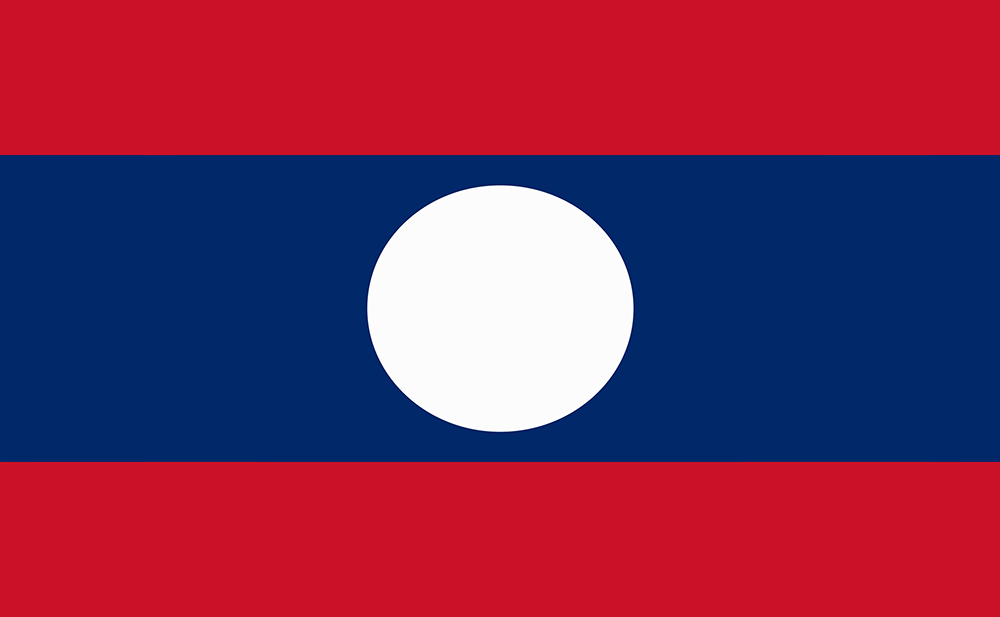
Laos
Laos is on the FATF List of Countries that have been identified as having strategic AML deficiencies.

Philippines
Brunei is no longer on the FATF List of Countries that have been identified as having strategic AML deficiencies.

Cambodia
Cambodia is no longer on the FATF List of Countries that have been identified as having strategic AML deficiencies.
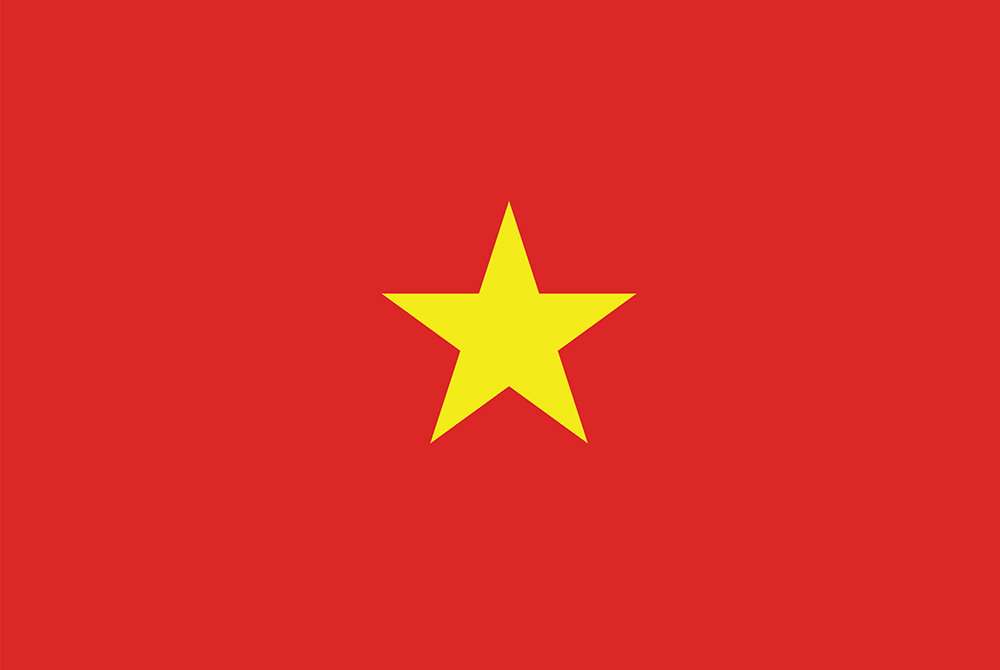
Vietnam
Vietnam is on the FATF List of Countries that have been identified as having strategic AML deficiencies.

Myanmar
Myanmar is subject to a FATF call on its members and other jurisdictions to apply enhanced due diligence measures proportionate to the risks arising from the jurisdiction.

Timor-Leste
Timor-Leste is not on the FATF List of Countries that have been identified as having strategic AML deficiencies.
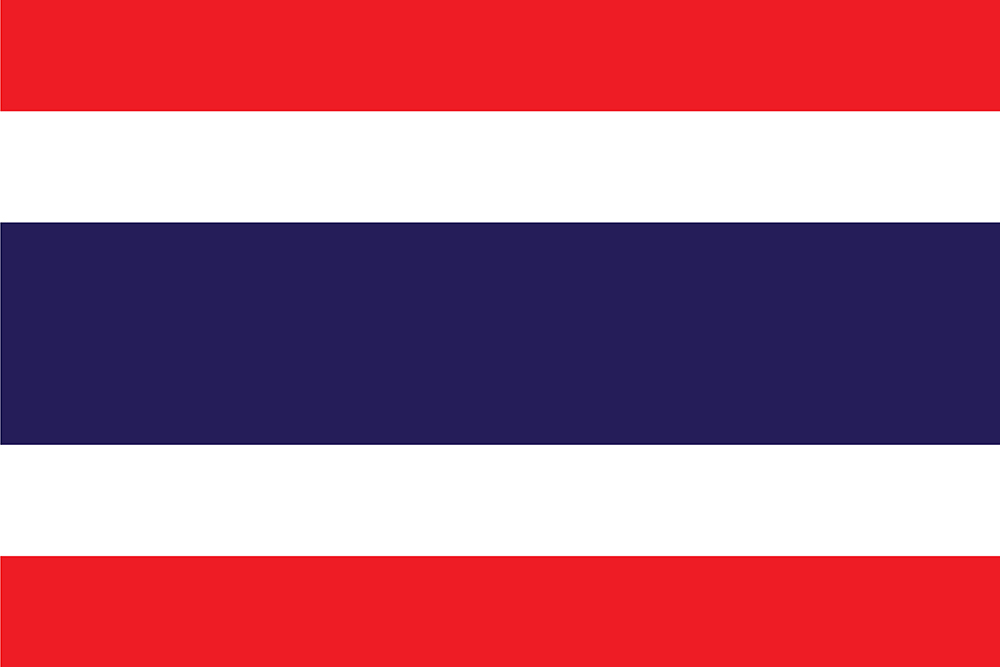
Thailand
Thailand is no longer on the FATF List of Countries that have been identified as having strategic AML deficiencies.

Indonesia
Indonesia was removed from the FATF List of Countries that have been identified as having strategic AML deficiencies on 26 June 2015.

Morocco
Morocco is no longer on the FATF List of Countries that have been identified as having strategic AML deficiencies.
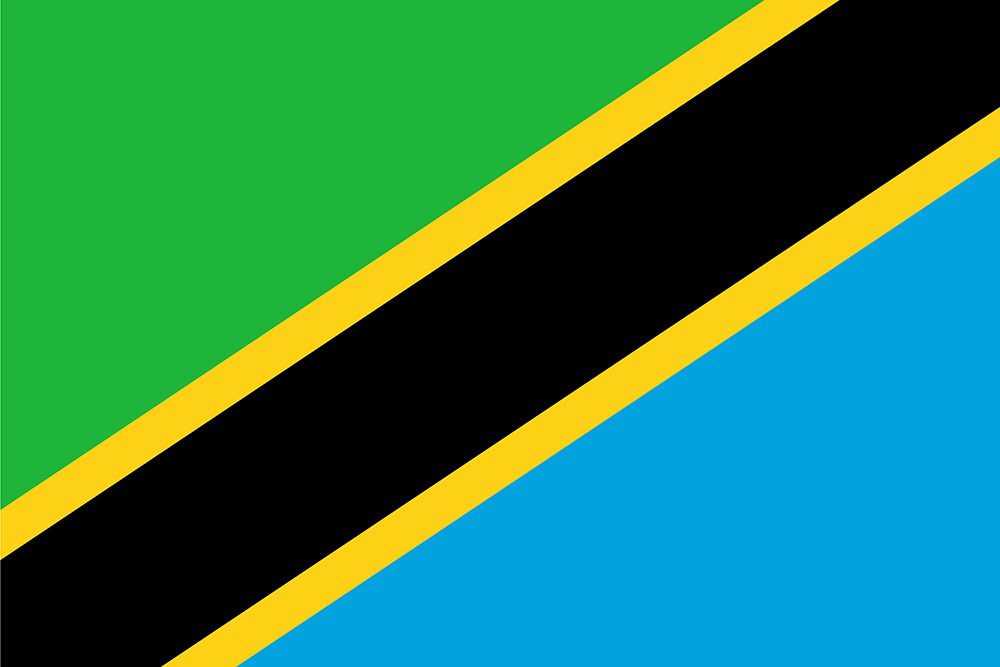
Tanzania
Tanzania is on the FATF List of Countries that have been identified as having strategic AML deficiencies.
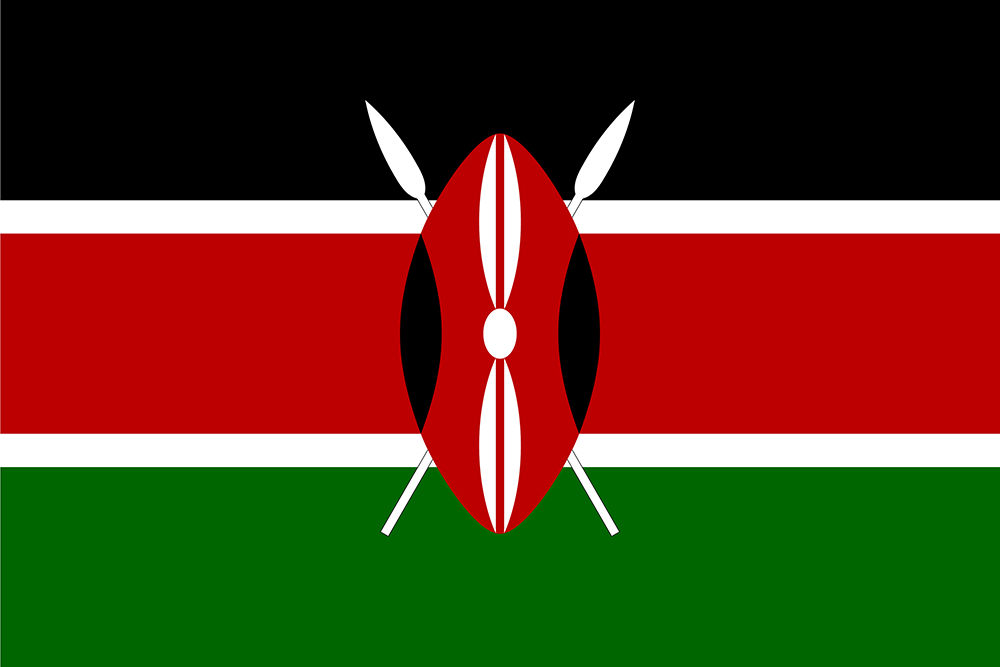
Kenya
Kenya is on the FATF List of Countries that have been identified as having strategic AML deficiencies.
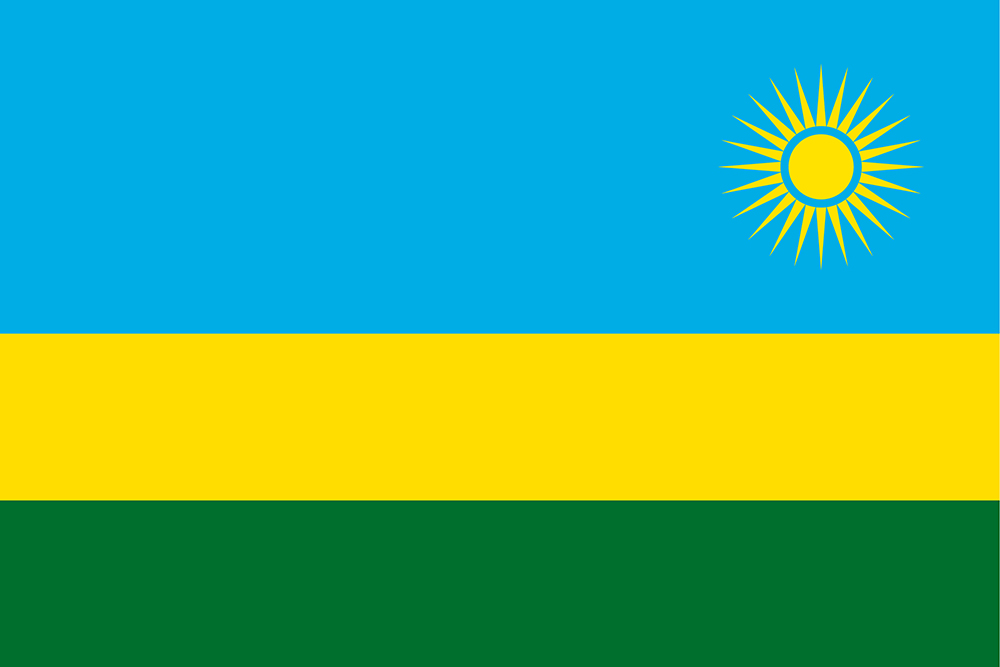
Rwanda
Rwanda is not on the FATF List of Countries that have been identified as having strategic AML deficiencies.
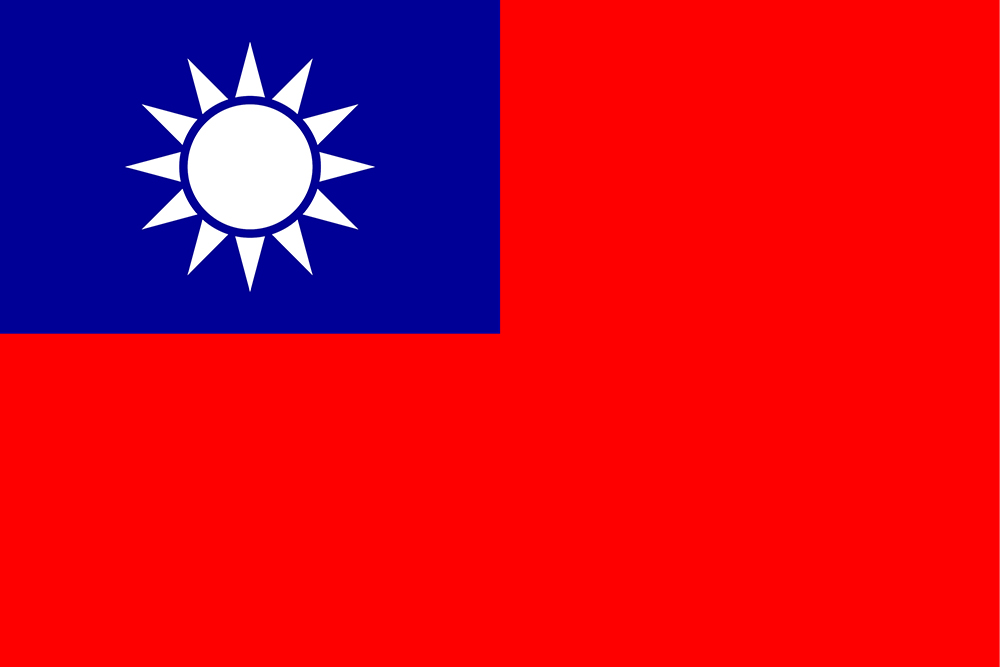
Taiwan
Taiwan is not on the FATF List of Countries that have been identified as having strategic AML deficiencies.

Hong Kong
Hong Kong is not on the FATF List of Countries that have been identified as having strategic AML deficiencies.
